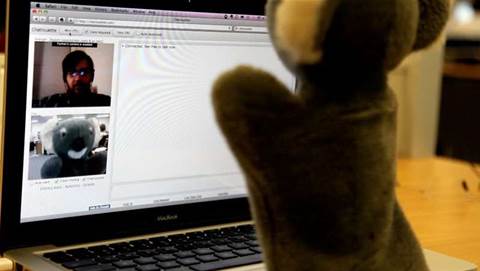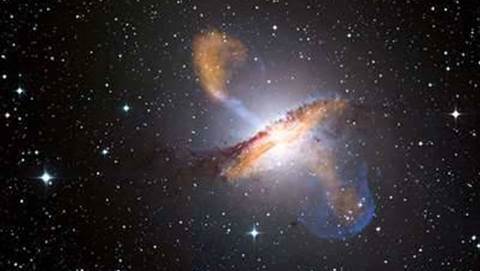Europe needs to agree a common standard for broadcast mobile TV, according to Reding, who hinted strongly that the standard should be DVB-H.
This leaves some UK companies backing the wrong horse, since early services by Virgin Mobile are using the DAB standard.
"We are too slow and too uncoordinated to create the right conditions for a quick take-up of mobile TV on a large scale in Europe," said Reding.
"I urge member states to act quickly on this issue as we cannot afford any delays. One thing is clear: without at least some coordination at European level, market fragmentation will prevent a successful take-up of mobile TV in Europe."
Reding went on to point out that 17 countries, including Britain, offer DVB-H services and that it is a widely recognised open standard.
The commissioner said that she is prepared to give "strong support" to standardised European solutions such as DVB-H.
DVB-H is one of the highest quality standards on offer, and can carry more channels at higher quality than DAB. But it uses spectrum already occupied by analogue TV signals, whereas DAB can use existing digital radio frequencies.
Nokia has already announced that it will only be making DVB-H handsets, a decision branded "ridiculous" by one British telco but supported by analysts and defended by other big names in the industry such as Intel and Motorola.
At stake is a potential market worth $30bn, according to analysts.
"I am convinced today more than ever that we need a common European approach to set conditions for a rapid and wide deployment of mobile TV," said Reding. " It is now time to act."

_(23).jpg&h=140&w=231&c=1&s=0)


_(22).jpg&h=140&w=231&c=1&s=0)




_(26).jpg&w=100&c=1&s=0)
 iTnews Executive Retreat - Security Leaders Edition
iTnews Executive Retreat - Security Leaders Edition











_(1).jpg&h=140&w=231&c=1&s=0)



